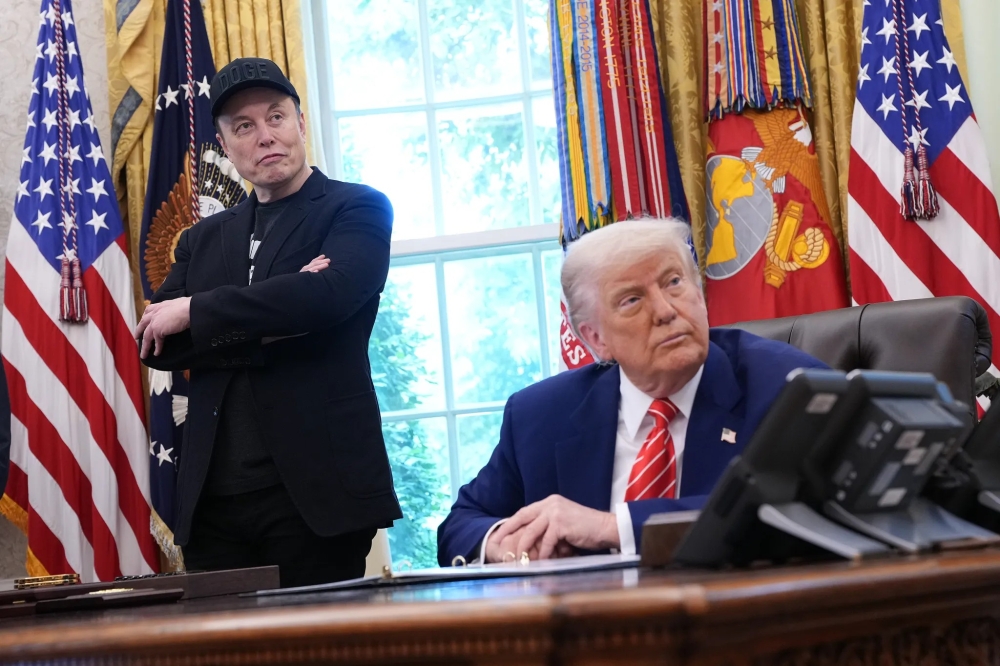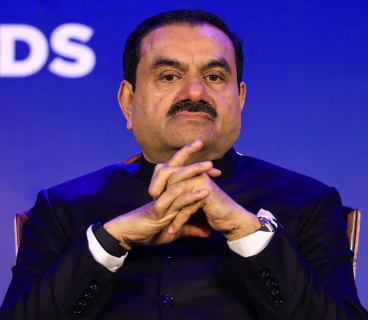In June 2025, the relationship between U.S. President Donald Trump and one of the most influential figures in the technology sector, Elon Musk, completely deteriorated. Once close collaborators, the two are now trading harsh accusations through social media. This confrontation is not merely personal—it promises serious consequences for both U.S. politics and the technology sector.
The Beginning of the Conflict: The “One Big Beautiful Bill”
The tension began after the U.S. Congress passed the “One Big Beautiful Bill” on May 22, a 1,038-page legislative package now under Senate review. While the bill is being presented as a way to reduce taxes and boost American business investment, calculations by the Congressional Budget Office (CBO) suggest that it will lead to $3.7 trillion in tax cuts while increasing national debt by $2.4 trillion over the next ten years. The bill would also raise the debt ceiling by $4 trillion.
Under this legislation, taxes on social security income, tips, and overtime pay would be abolished. However, deep cuts are planned for federal healthcare and welfare programs such as Medicaid and SNAP. As a result, it is projected that by 2034, 11 million people will lose access to health insurance.
Elon Musk voiced his first public opposition to the bill on June 3 via the X platform (formerly Twitter), stating:
"This bloated, disgusting, waste-filled bill is a disgrace. Those who voted for it—you know you did evil."
A few days later, Trump withdrew Musk’s recommendation of Jared Isaacman as the head of NASA—an unmistakable signal that relations had turned openly hostile.
In a subsequent statement, Trump claimed that Musk had known the details of the bill in advance but grew upset when he learned it included plans to eliminate subsidies for electric vehicles (EVs). According to Trump, Tesla could lose billions without these subsidies.
Musk, on the other hand, asserted that Trump had only won the election thanks to his support:
"Without me, Trump would’ve lost the election. Democrats would control the House, and the Republicans wouldn’t have a 51–49 majority in the Senate."
On his platform Truth Social, Trump accused Musk of acting “recklessly” and added:
"I terminated his EV Mandate—the program that forced people to buy electric cars no one wanted—and he went nuts!"
Trump later announced that canceling Musk’s government subsidies and contracts would save taxpayers billions of dollars.
In response, Musk declared that SpaceX would deactivate its Dragon spacecraft and accused Trump of being mentioned in documents related to child abuser Jeffrey Epstein—a claim Trump has not responded to.
Potential Ripples in the Tech Sector
This confrontation extends far beyond a personal fallout. Following Musk, several tech leaders—Mark Zuckerberg (Meta), Sundar Pichai (Google), Jeff Bezos (Amazon), Sam Altman (OpenAI), and Tim Cook (Apple)—had also supported Trump’s 2025 presidential inauguration fund. However, Trump’s newly implemented import tariffs and economic policies are now negatively impacting the operations of these companies.
Musk’s strong stance against Trump and the potential reaction from other tech giants raise important questions about the future of relations between the U.S. political system and the tech industry. This dispute also reignites debates about where the influence of billionaire entrepreneurs on American politics begins—and where it should end.







